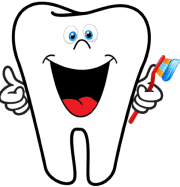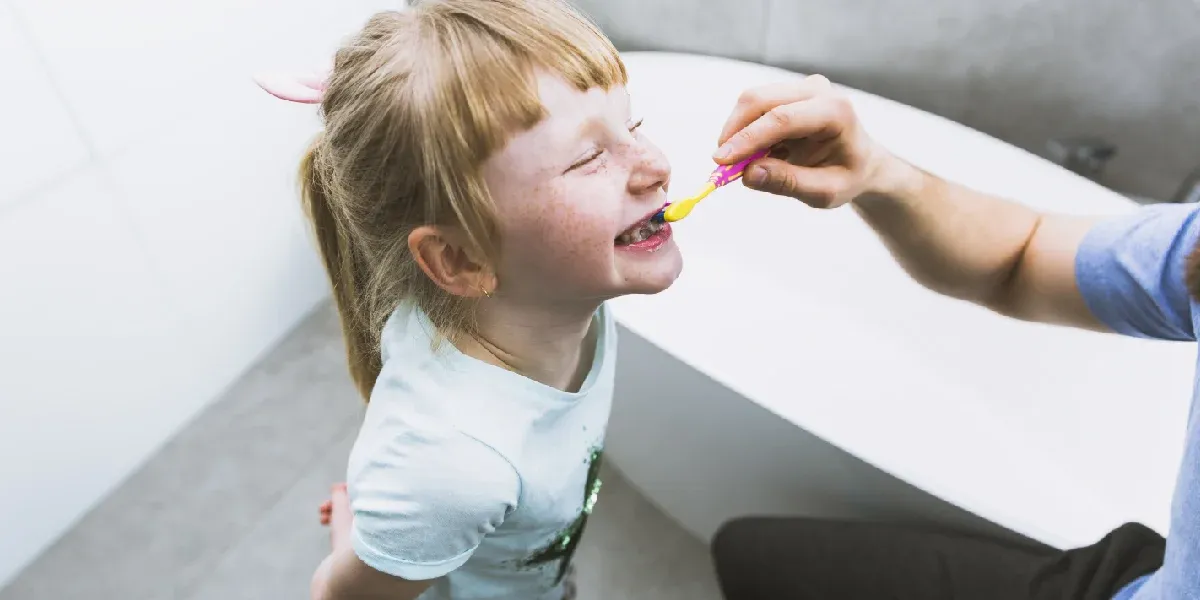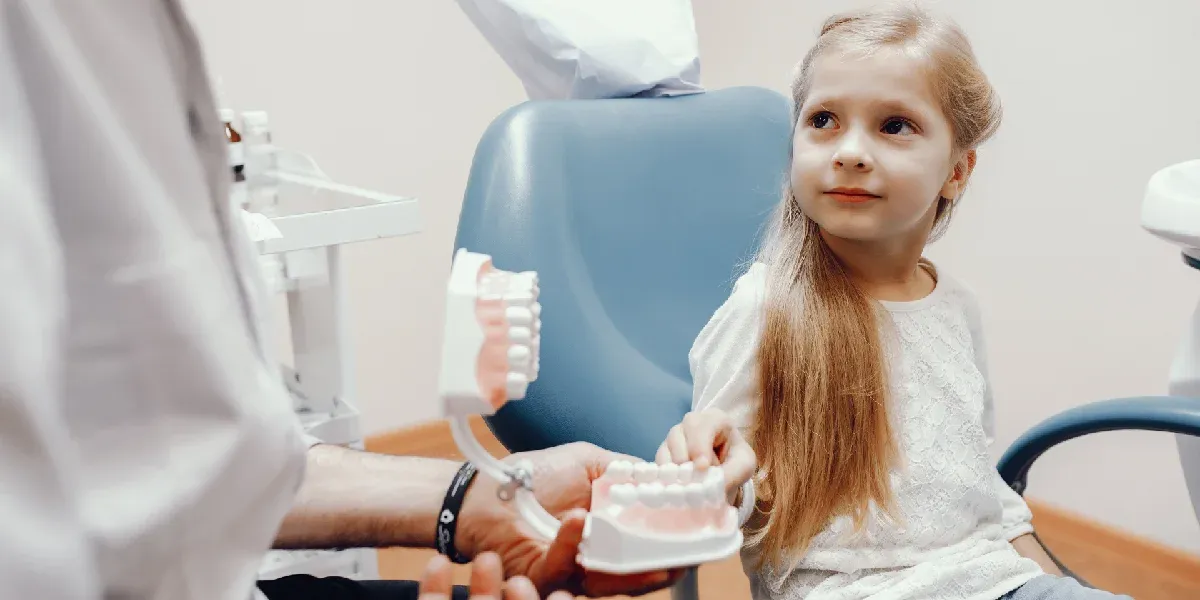
Caring for your child’s Oral Health
Having a healthy mouth influences our ability to eat, talk, smile, and express our emotions. A child's oral health also impacts a person's self-esteem, academic achievement, and ability to show up to work or school on time. More than 50 million people in the United States suffer from dental illnesses each year, costing them billions of dollars.
The habit of oral care is not only for a good-looking smile but also a big milestone towards better health. It is necessary to know that infant oral health highly affects the digestive system. You must care for your infant's oral health from the beginning. It will help them understand the value of good oral hygiene and a healthy mouth.
General Information Relevant to Infant Oral Hygiene:
Children are prone to tooth decay and cavities because of improper oral care and unhealthy eating. Consuming sugar, candies, and chocolates and careless brushing can make the germs reside in their mouth, and the decaying food particles cause tooth decay. But some steps of care and protection can be a good initiative toward better oral health.

From the age of 6 to 8, most children have cavities in their primary or baby teeth. From age 15 to 19, more than half of the adolescents have cavities in their permanent teeth. Now any kind of cavity is preventable. Likewise, fluoride varnish is a product that helps prevent one-third of cavities in the children's primary teeth.
Some communities have fluoridated tap water, resulting in fewer cavities in children living there. The same goes for the children who brush their teeth twice with fluoride teeth and have fewer cavities.
Dental sealant is also another protective measurement from cavities. They help prevent up to 80% of the cavities.
Healthy Dietary Habits:
A nutritious diet is essential to a child's physical and mental development and growth. A well-balanced diet will also aid their teeth, bones, and oral soft tissues. Maintaining good dental health and overall well-being as a lifelong habit begins with a regular diet rich in nutrients and limited in-between-meal snacking.
Infant Oral Care Habits:
- After feeding, clean your baby's gums to remove food residues.
- When the tooth comes out, start brushing it with a soft-bristled toothbrush without using toothpaste. Use a pea-sized amount of paste and spit it out rather than swallowing it.
- Avoid sharing utensils, cleaning nipples with your mouth, or testing temperature. Give your infant a cold washcloth. It can help to stop the transmission of bacteria.
- By the age of 12 to 14 months, promote healthy habits by limiting the amount of sugar in the food you are giving to them.
- If your child has reached 12 to 18 months and has not visited a dentist yet, schedule an appointment for them.
Final Thoughts
Infant oral care plays an important in their better and healthy lifestyle. The more you take care of their teeth, the more chance to save their natural teeth at later stages of life. If you find any decay or the infant is having toothaches or discomfort, visit a pediatric dentist to know the cause so that you can treat it at the right time.
Contact Stockton dentist for kids, Sajjad Rizvi DDS at Happy Kids Dental today to learn more about your child's oral health.
Resource:
Athletic Mouth Guards Are Protecting Your Child’s Teeth
This media/content or any other on this website does not prescribe, recommend, or prevent any treatment or procedure. Therefore, we highly recommend that you get the advice of a qualified dentist or other medical practitioners regarding your specific dental condition
Subscribe To Our Newsletter
Get Updates And Learn From The Best


